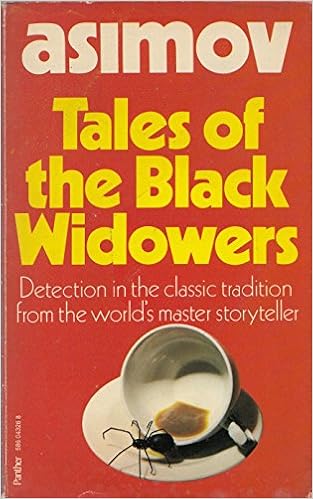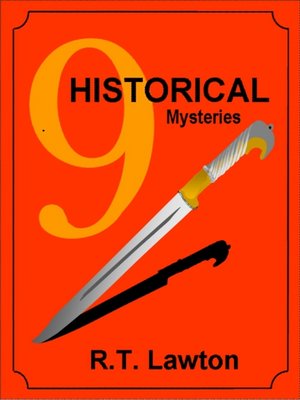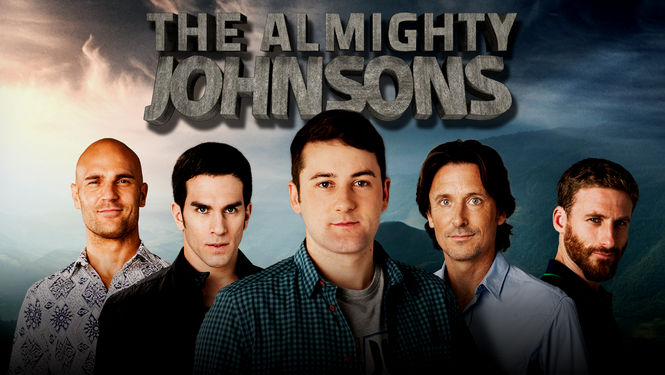I bicycle to work most mornings, on one of the busiest streets in my small city. At one point there is a highway overpass and sometimes apparently homeless people stand there with signs, begging for money from the people leaving the Interstate. Usually this is not a problem, except that sometimes they leave piles of trash.
This morning, I saw what appeared to be such a gentleman. He was bald, in his thirties, and wearing a leather jacket. He carried a black plastic trash bag which appeared to be stuffed with something the size of an exercise ball.
 He was in the vicinity of a couple I had seen before, a woman walking her daughter to the elementary school. The bald man was trying to talk to the mother and she was trying very hard to ignore him as they approached a traffic light.
He was in the vicinity of a couple I had seen before, a woman walking her daughter to the elementary school. The bald man was trying to talk to the mother and she was trying very hard to ignore him as they approached a traffic light.I watched this and thought: Oh, crap. Because if it got worse I was going to have to get involved. I haven't been in a physical altercation in about fifty years, and my win-loss record back then was not great.
Now the mother and daughter were waiting for the red light to turn. I was on the other side of the intersection, also waiting.
The bald man turned and walked away. Good.
And then he was back, talking over the woman's shoulder. The light changed. I thought: If he follows them I will have to interfere, right in the middle of the street.
But he turned and walked off. Was he influenced by my presence? I doubt it. I don't know if he even saw me.
Riding the rest of the way to work I wondered what I would have done if action had proven necessary. My thought at the time was to go straight into a verbal confrontation but I now think the better choice would have been a system I have heard about several times in recent years: Ignore the aggressor and come up to the victim with a big smile, acting like you know them. "Hey there! Can I walk with you to school?"
If it happens (again) I'll try that.
But let's consider a couple of other options. I had a cell phone with me. When I saw what was shaping up I should have pulled the phone out, started the phone app (whoever uses that?) and dialed 9-1-1. Then if I felt I had to step into the scene I could have hit SEND.
You don't have to speak, by the way. If you dial 9-1-1 and say nothing the cops will trace your phone and come to see what's going on. At least they do here. (Don't ask me how I know; that's another story.)
I checked. It takes me fifteen seconds from reaching for the phone to being ready to hit SEND. Next time, and may there never be one, I'll go do that first.
Now let's talk about guns. I don't own one. Never have. But it occurred to me to wonder, what would have happened if I had had one with me this morning?
I certainly would have thought about getting it out. Or at least getting it ready. Knowing human nature (at least my human nature) as well as I do, I think I would have seen this as an opportunity to get my money's worth out of the gun, not by shooting it, but by attempting to scare the man off.
If I did that I figure one of four things would have happened.
1. I would have shot the guy, which would have been bad.
2. I would have dropped the gun, which would have been, at best, embarrassing.
3. He would have taken the gun away from me (see comments above on my record with physical confrontations,) which would have been at best embarrassing and at worst tragic.
4. He could have decided to walk away, which would have been good.
And that means the best result that could have occurred from showing a gun was the same as what happened without one. Your mileage may vary.
So, that was my morning. How was yours?







































